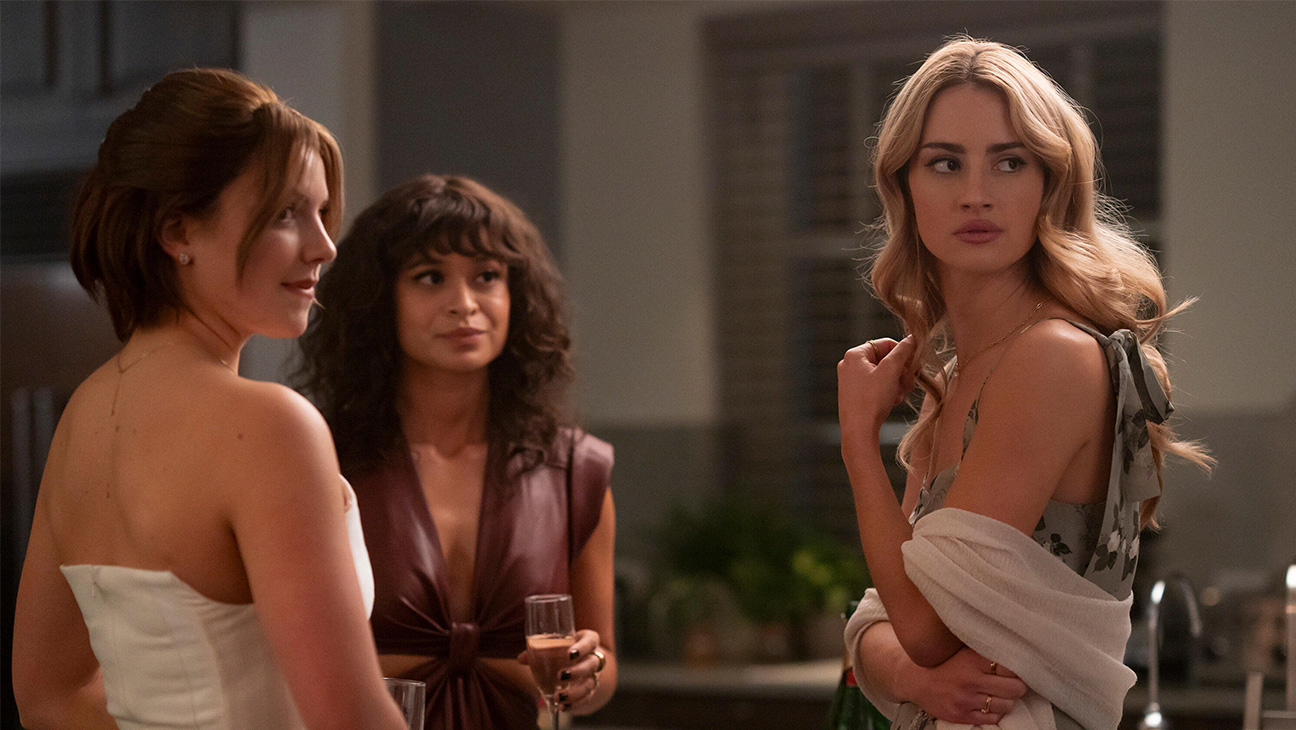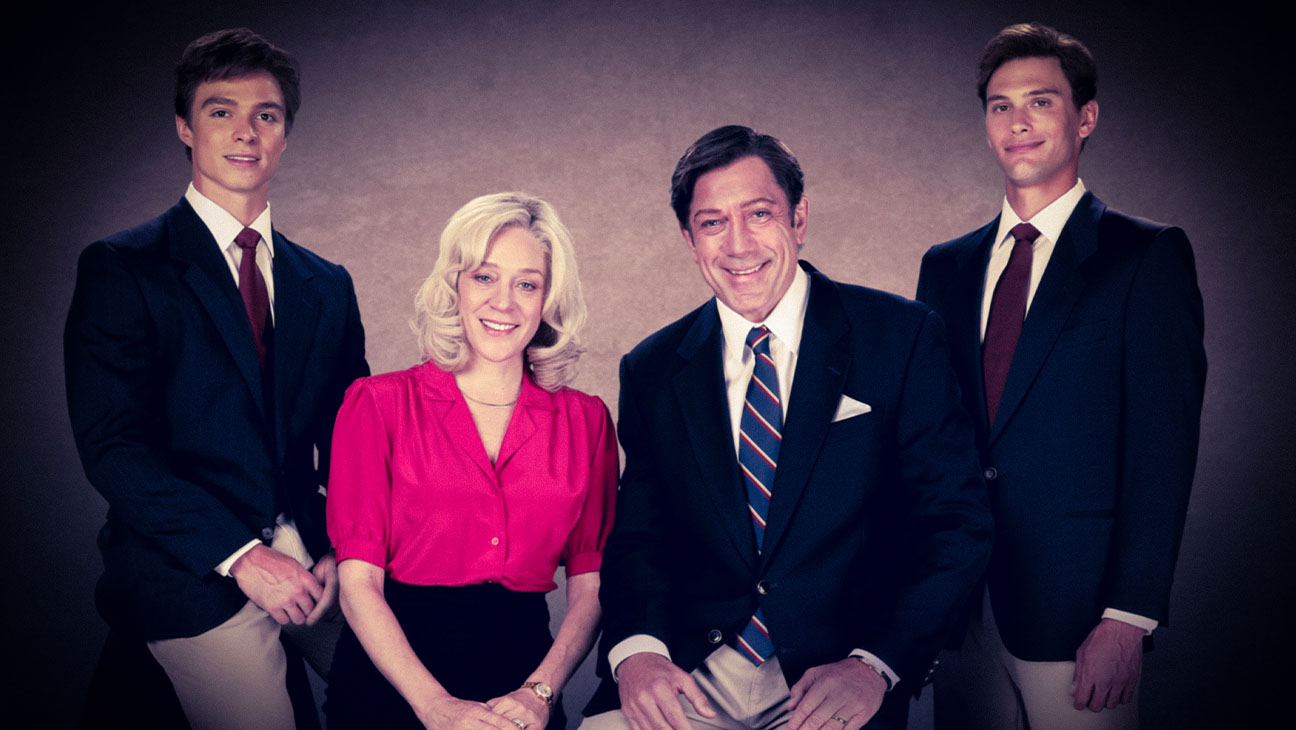In Malcolm Washington’s directorial debut, a reverential adaptation of August Wilson’s The Piano Lesson produced by his father Denzel Washington, the actress Danielle Deadwyler is the center around which all other performances revolve.
She plays Berniece, the devout and no-nonsense co-protagonist of Wilson’s bracing drama about generational trauma and inheritance. In this role, as in many of her others, Deadwyler submits herself completely to the will of her character. She slips into her skin with a quiet ease and, once bonded, finds and reveals her truth. The results are often electric.
The Piano Lesson
The Bottom Line
A standout turn steals the show.
Venue: Telluride Film Festival
Release date: Friday, Nov. 8 (Theaters), Friday, Nov. 22 (Netflix)
Cast: Samuel L. Jackson, John David Washington, Ray Fisher, Danielle Deadwyler, Corey Hawkins, Michael Potts
Director: Malcolm Washington
Screenwriter: Virgil Williams, Malcolm Washington
Rated PG-13,
2 hours 5 minutes
With Berniece, Deadwyler conjures a strength that links Wilson’s 1987 play, the fourth in the writer’s Century Cycle, to its source. In interviews, Wilson cited Romare Bearden’s 1983 color lithograph of the same name as his inspiration. In that image, a music teacher looks over the shoulder of a pupil playing the piano. Their eyes convey a high level of concentration with hints of melancholy. Playing seems at once an act of duty and of pleasure. What of their relationship? Who are these women to each other? Wilson imagined them as mother and daughter and The Piano Lesson creates the conditions that might have led to and stemmed from this moment. In Washington’s adaptation, Berniece, when she finally sits at the piano, wears a similar look of intense focus, as if becoming both mother and daughter at once.
Before any of that transformation occurs, though, Washington offers a backstory. The Piano Lesson opens on the fourth of July in 1911. While a white family gathers on their lawn to watch fireworks, a trio of Black men work in the shadows to take a piano from the house. The instrument is a work of art: Etched in the upper panels is a triptych representing the Charles family’s history. Portraits of a mother and son flank the center image, which is populated by significant ancestors and their milestones. Twenty-five years later, in the summer of 1936, the piano sits untouched in the home of Doaker Charles (Samuel L. Jackson), where his niece Berniece lives with her daughter, Maretha (Skylar Smith).
No one has thought about the piano seriously in a while — that is until Doaker’s nephew, Boy Willie (John David Washington), returns to Pittsburgh with a new plan. He wants to sell the piano so that he can buy part of the Sutter family plantation in Mississippi. The purchase would be an act of rooting and reclamation. The Sutter family enslaved the Charles family and facilitated a violent separation by selling members of the family to buy the piano. If Boy Willie could own part of the land, then he could reinscribe it, turning it from a site of terror into one of personal prosperity. When he arrives in Pittsburgh with his friend Lymon (Ray Fisher), he barges into the Charles home buzzing off the high of his plan.
But Berniece doesn’t want to sell the piano. She still resents Boy Willie for the death of her husband Crawley (Matrell Smith) and sees her brother as all talk and trouble. The play chronicles the tensions between the siblings as they debate the future of their sole family heirloom. For Berniece, the instrument represents the loneliest years with their mother, who never recovered from heartbreak after the Sutters murdered Berniece and Boy Willie’s father for stealing the piano. Boy Willie can only consider the piano in terms of loss and painful memories. Better to sell it and create something new.
Washington plays up the differences between Berniece and Boy Willie’s relationship to the piano with flashbacks to both of their childhoods. These are some of the few scenes in which the director loosens up and sheds the dutiful posture that can come from adapting a canonical text. The director tries to make further changes, too, and some are more successful than others. He accentuates the spiritual and supernatural notes of Wilson’s play. Elements of magical realism figure more prominently near the end, and when they work it’s largely thanks to Deadwyler. The actress plants the seeds for her character’s crucial climactic encounter with the piano from the moment Berniece sees Boy Willie. Her character is a vision of maternal strength and sororal responsibility, but Deadwyler digs for and revels in messier feelings like rage, sadness and vulnerability.
Other performances are enhanced by Deadwyler’s Berniece, who finds herself continuously at odds with a cadre of men seemingly indifferent to the plight of the Charles women. I wonder about a version of The Piano Lesson that starts from her perspective and moves outward, considering the maternal thread with as much urgency as the paternal. Washington’s uneven direction seems more confident when observing the men, linking their present-day tangled repressions with the violent and racist traumas of their past. Scenes like the one where Doaker, Boy Willie, Lymon and Wining Boy (an excellent Michael Potts) exchange stories about their time at the Parchman Prison Farm capture the emotional catharsis of a particular kind of communion.
Washington (actor, not director) gives a sturdy turn as Boy Willie, a figure whose high energy and fast talk belie layers of grief. He is keyed into this sly figure’s antics and confidently channels his hunger for making a quick buck, but is less convincing when required to tune into more subtle registers.
Still, Deadwyler and Washington bounce well off each other. Their performances are particularly dynamic when Boy Willie and Berniece negotiate the details of family legacy. In one striking scene, Alexandre Desplat’s thundering score highlights the stakes of these verbal tussles. Credit must be given to Corey Hawkins, too, who shines as Avery, the preacher courting Berniece and tasked with casting ghosts out of the Charles home.
It’s clear that Washington takes the task of adapting Wilson quite seriously, and there’s much to admire about The Piano Lesson. The director has assembled a strong cast, whose committed performances do the playwright’s famed drama justice. But the duty can also be limiting, and there are times when The Piano Lesson is too faithful, struggling to shake the specter of the stage.



